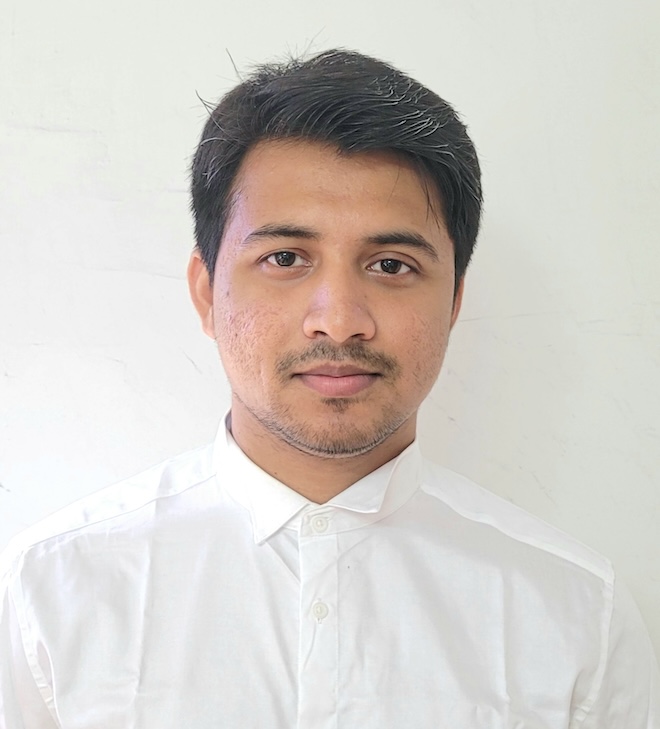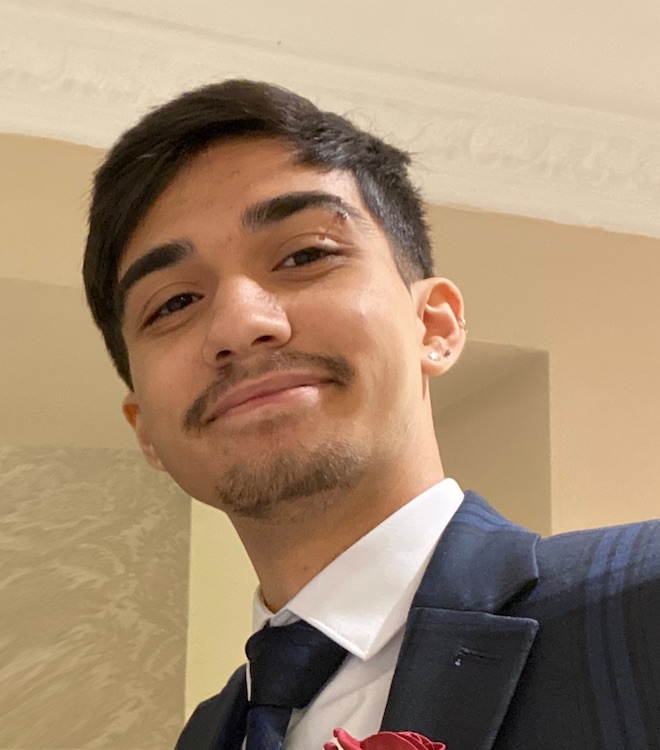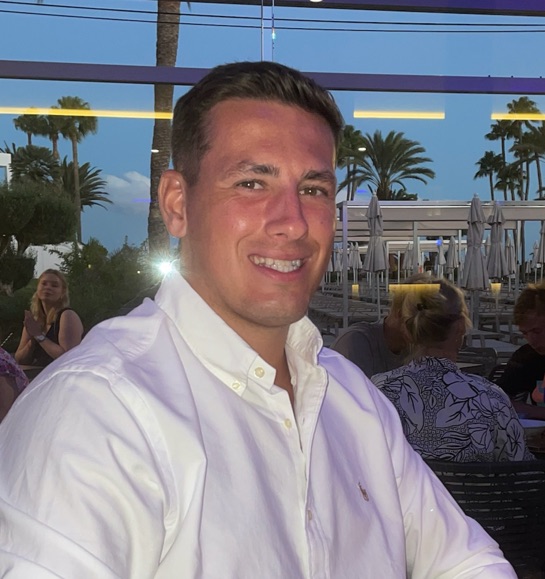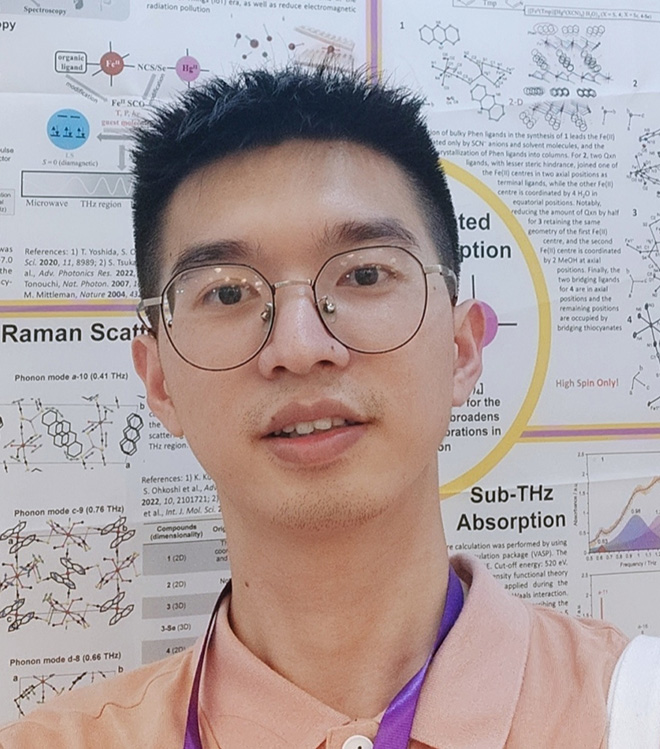
Prof. Nicholas F. Chilton - Professor of Computational and Theoretical ChemistryEmail Prof. ChiltonDownload Prof. Chilton's CV
Prof. Chilton obtained his BSc Adv Hons from Monash University (Melbourne, Australia) in 2011, with an Honours project under the supervision of Prof. Keith Murray, and his PhD from The University of Manchester in 2015 under the supervision of Prof. Richard Winpenny and Prof. Eric McInnes. He was a Ramsay Memorial Research Fellow from 2016-2018, a UoM Presidential Fellow from 2018-2019 and was a Royal Society University Research Fellow from 2019-2023. In 2015 he won the Dalton Young Researchers Award and in 2021 he won a Harrison-Meldola Memorial Prize, both from the Royal Society of Chemistry. In 2019 he won the 7th Olivier Kahn International Award from the European Institute for Molecular Magnetism, and in 2023 he won the Philip Leverhulme Prize. After 11 years at The University of Manchester, he moved to The Australian National University in 2023, and holds a joint appointment between the two institutions. He is a Fellow of both the Royal Society of Chemistry and the Royal Australian Chemical Institute.






